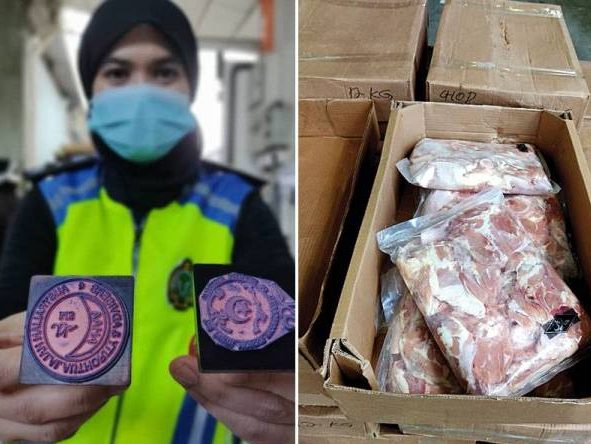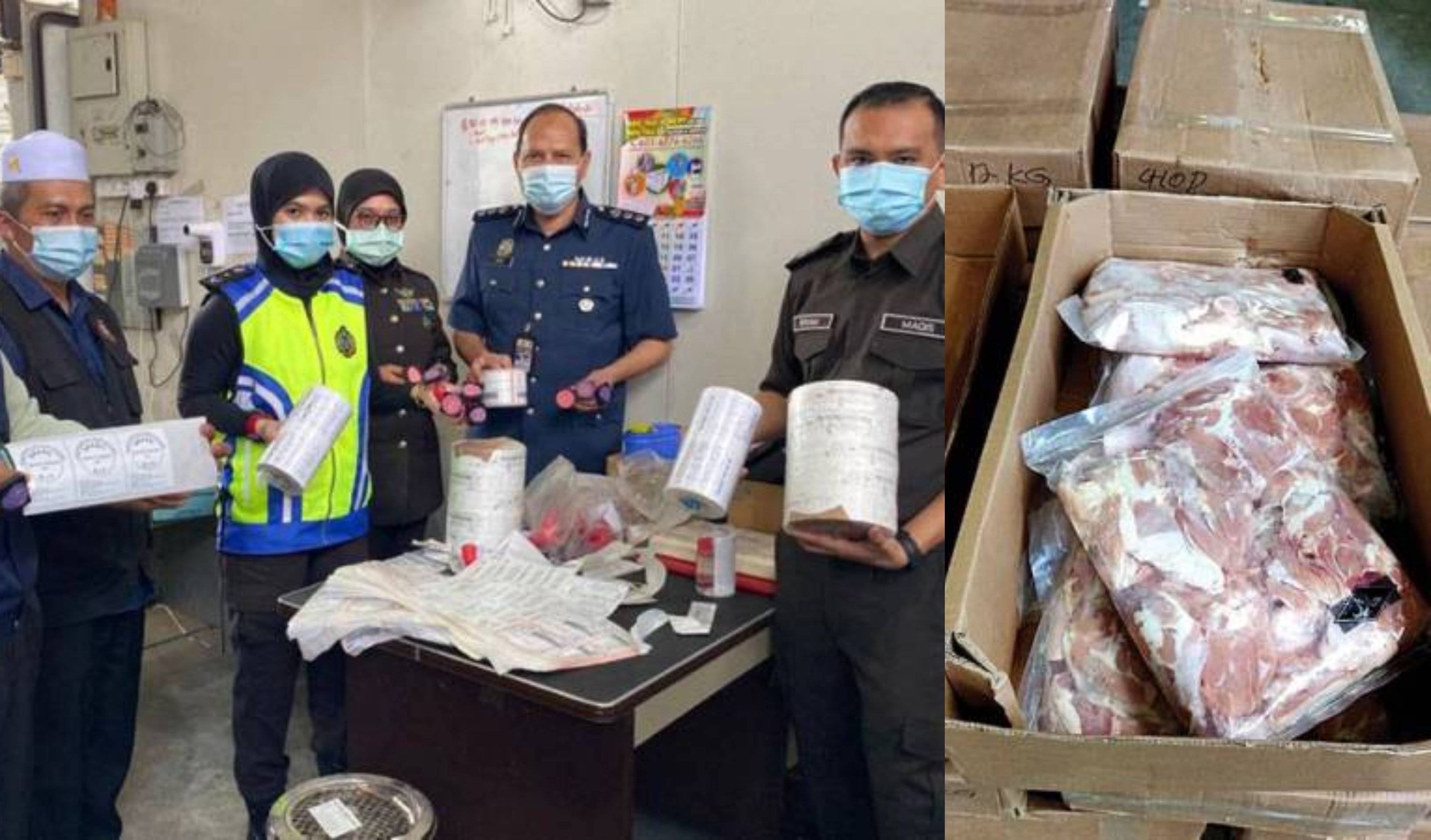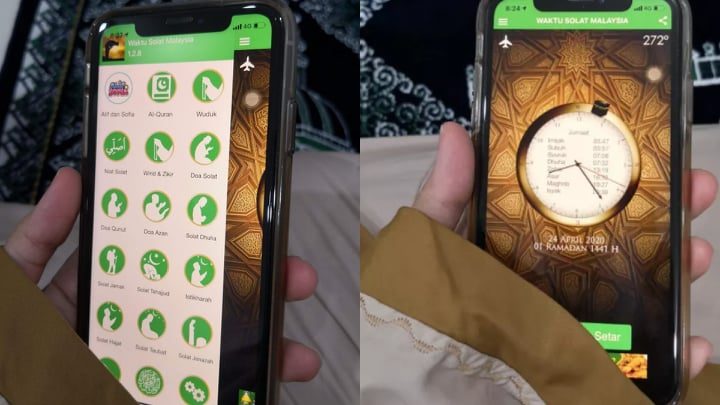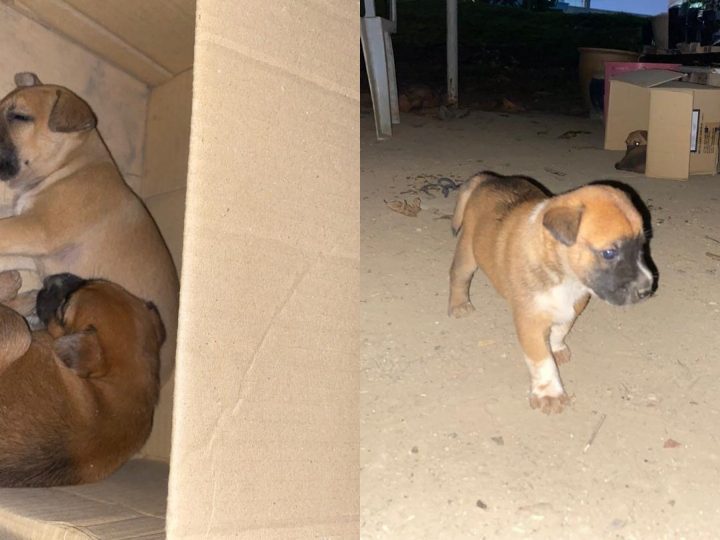Illegal Meat Repackaged with Halal Logo! Johor Cartel Posing as Frozen Meat Supplier Busted
 Thirsty for JUICE content? Quench your cravings on our Instagram, TikTok and WhatsApp
Thirsty for JUICE content? Quench your cravings on our Instagram, TikTok and WhatsApp

According to Sinar Harian, a warehouse in Senai, Johor Bahru owned by a cartel has been raided by authorities, yesterday (1 Dec).
It was uncovered that the cartel had been disguising themselves as frozen meat suppliers and have been importing illegal meat from China, Ukraine, Brazil and Argentina, to be sold to markets throughout Malaysia. What’s worst is that the meat is not halal-certified yet repackaged with the halal logo.
The raided warehouse was mainly used to make fake labels and stamps which would then be pasted on the repackaged meat boxes.
This tactic was used to convince wholesalers in Malaysia that the supply of frozen meat was obtained from countries authorised for importation before being distributed to the local market.

The operation led by the Ministry of Domestic Trade and Consumer Affairs (KPDNHEP), and Malaysian Quarantine and Inspection Services (Maqis) found that the cartel hired foreign workers to do repacking work by giving them accommodation.
The raid was also joined by the Malaysian Islamic Development Department (Jakim), the Royal Malaysian Customs Department (JKDM) Johor and the Johor State Islamic Religious Department (JAINJ).
Besides that, 1500 tonnes of cold meat worth RM30 million were seized too.
Director-General of Maqis, Saiful Yazan said that the modus operandi of the syndicate is to import frozen meat stocks from abroad before smuggling it through Pasir Gudang Port and Tanjung Pelepas Port.
“To ensure that the smuggling activities are successful, they (syndicate) are believed to use fake documents including customs forms, import permits, halal certificates or payment receipts. To hide from the eyes of authorities, the syndicate also imports meat from legitimate sources before being taken to the warehouse in Senai,” he said.

Once at the warehouse, the meat will be placed in a special section and repackaged in a room equipped with a cutting machine. The “halal” meat is then stored in a storage box and, to further confuse authorities, it is mixed with other meat arrangements that have a valid halal certificate.
Saiful further explained that investigations are still underway to identify when the activities started operating as well as tracking other syndicates involved.
He stressed that Maqis is taking this matter seriously and related legal action would be taken by KPDNHEP for further action.


 Get Audio+
Get Audio+ Hot FM
Hot FM Kool 101
Kool 101 Eight FM
Eight FM Fly FM
Fly FM Molek FM
Molek FM

